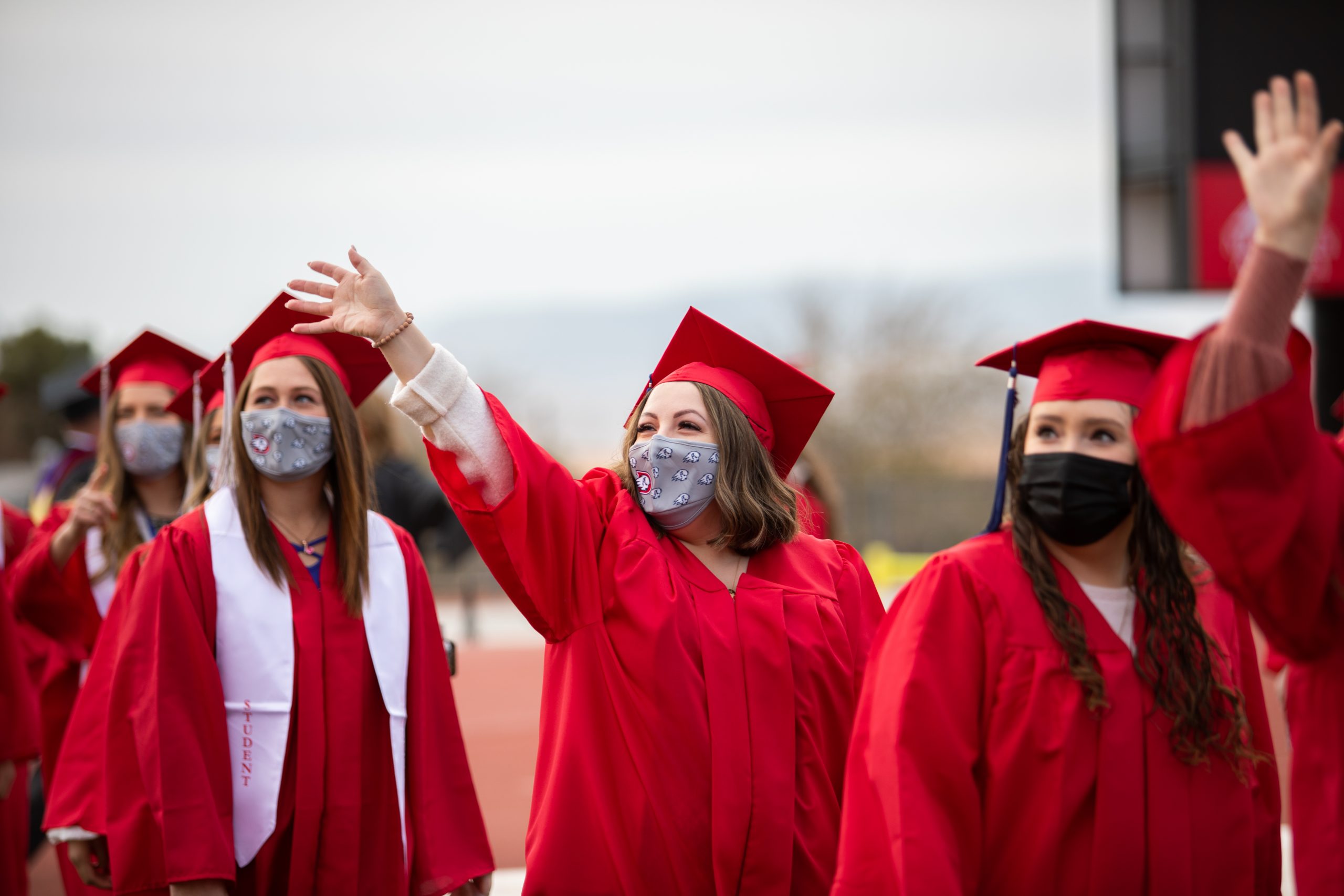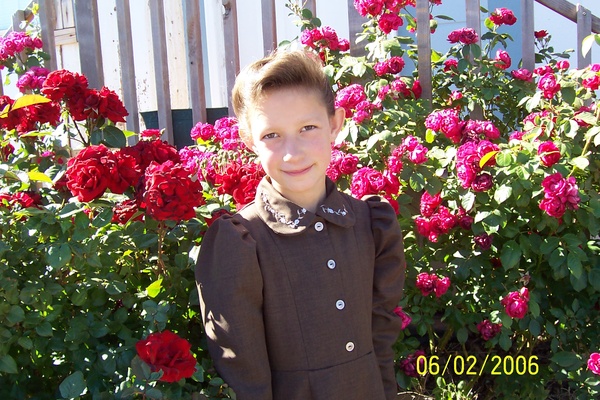Despite the challenges brought on by the COVID-19 pandemic, the department of education is seeing its largest graduating class of 40 students from its Elementary Education Program in May.
“This year of 40 is a big group,” professor of education Chizu Matsubara said. “For us, it’s usually 20 to 25 graduates, so this is a very unusual year.”
Zac Olson, academic adviser for the College of Education, said that out of 25 students, only two left the program, making the graduation rate above 90%.
“This graduating group had a lot of challenges because they were student teaching and all of a sudden everything goes online and they were not actually trained to do that,“ Matsubara said. “We think as faculty that this group has a more special expertise now because of that. Most of the students had to learn on the spot; even the district wasn’t sure of what they were doing this year.”
Substituting is not part of the education program, but professors encourage their students to take on the paid position.
Angie Child, associate professor of education, said due to COVID-19 she has seen a huge need for substitutes, and although substituting is not a requirement for the ELED program, students have stepped up this year to serve as substitutes.
Latest in News:
Janna Heiligenstein, assistant professor of education, said: “They get better classroom management techniques where they learn from experienced teachers. They also get exposed to different grade levels.”
Erin Warner, a senior elementary education major from St. George, is teaching an optional extended kindergarten class instead of student teaching as her capstone, an opportunity that all capstone professors agree is hard to come by.
“The big thing is getting to know my students, and that’s something they really push in the program,” Warner said. “They also include the ESL endorsement, something that other programs don’t offer.”
Taiylor Myers, a senior elementary education major from St. George, participates in the Student Enhanced Experience (S.E.E.) program, a program that most participate in during their capstone. She teaches a second grade class, and she said masks have been the hardest thing for everyone.
“The masks make it hard because I don’t see my students’ faces,” Myers said. “Sometimes at recess, they take them off and I’m like, ‘I do not imagine you looking like that.’ I forget that I know what the top of their head and eyes look like, but sometimes I’m oblivious to who I pass in the hall.”
Christine Olson, a senior elementary education major from Santa Clara, had a trial by fire, only having one week to prepare to take over her mentor’s fourth grade class after her mentor was diagnosed with cancer.
“I took over full-time in February,” Christine Olson said. “I was just thrown into it, but I’ve actually learned so much. Dixie has prepared me so well.”
Christine Olson said she believes her experience resonates with DSU’s “active learning, active life” motto.
Danielle Simkins, a senior elementary education major from Enterprise, is part of the S.E.E. program and has been part of a third grade class for her student teaching capstone.
Simkins said the biggest thing she has learned in the program is helping students whose first language is not English through its ESL endorsement.
Professors across the education department all agree that becoming a teacher is not an easy task.
“Many of our students come to us and say, ‘I want to become a teacher because I love kids,’” said Kari Gali, assistant professor of education. “Yes, you have to love kids, but really, you have to be flexible and problem solve because every day is a completely new day.”
Gali said kids come from different social and emotional situations, and student teachers have to deal with all of those factors and still try to get the same results.
“You still need to hit academic standards,” Gali said. “It makes [teaching] a real challenge, but that challenge is awesome.”




